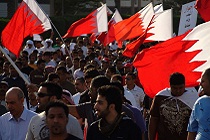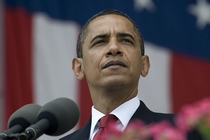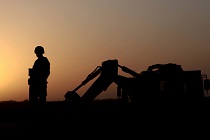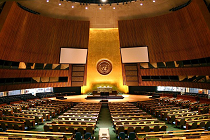Policy and Prejudice: Shia Divisionism in Bahrain
Two years ago, during the Arab Spring uprisings in several West Asian nations, youth and pro-democracy movements flared up on the Persian Gulf island of Bahrain. In light of these events, this paper assesses how Bahrain’s policies toward its Shia constituency have affected relations between Sunni and Shia groups.










